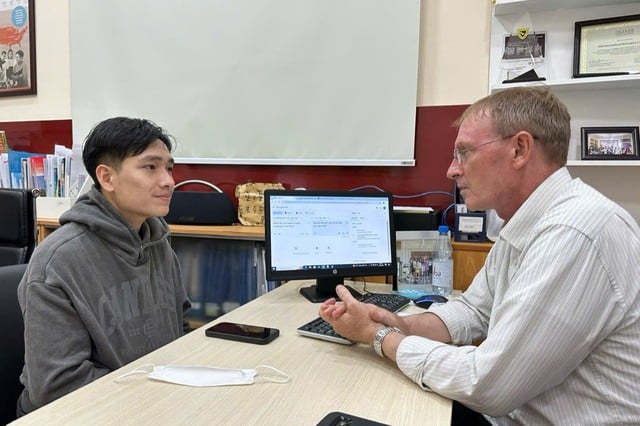
Foreign experts guide Vietnamese students in US visa interviews
PHOTO: NGOC LONG
Who can still renew visa by mail ?
According to information from the official website of the US Department of State last updated on July 25, from September 2, the US will adjust the subjects eligible for non-immigrant visa interview exemption, from first application to visa extension. Accordingly, all non-immigrant visa applicants, including those under 14 and over 79 years old, usually have to interview directly with a consular officer unless applying for a diplomatic or official visa.
Applicants with visa categories A-1, A-2, C-3 (except for servants, domestic workers or personal employees of recognized officials), G-1, G-2, G-3, G-4, NATO-1 to NATO-6 or TECRO E-1 are also exempted from interviews.
In addition, the US also stipulates that applicants applying for a B-1, B-2, B1/B2 visa extension (for tourism , visiting relatives, business purposes...) or a border crossing card/stamp (for Mexican citizens) that is still fully valid, within 12 months from the date the previous visa expired and was 18 years old at the time the previous visa was issued are also exempt from re-interviewing but must meet a number of other regulations.
In the above cases, the consular officer still has the right to request a direct interview at any time if deemed necessary.
The above notice replaces the interview waiver regulations updated on February 18, 2025 - which allowed applicants who previously held the same visa type and that visa expired less than 12 months before applying for a new visa to be exempt from the interview. Meanwhile, in the latest notice, the interview waiver regulations for renewals are only specific to certain visa types and have some additional limitations.
This means that all applicants for visa renewals under the categories F, M, J, H... will now have to register for an interview appointment directly at the US Consulate and Embassy, and will no longer be automatically renewed by mail as before. These are visa types for international students, workers... from abroad. Directors of several study abroad companies in Vietnam confirmed this to Thanh Nien .
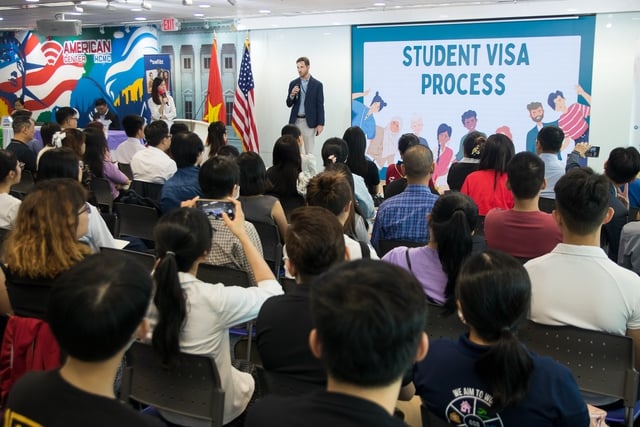
Vietnamese parents and students attend a seminar on how to apply for a US student visa organized by the US Consulate General in Ho Chi Minh City.
PHOTO: NGOC LONG
What is the impact on Vietnamese international students?
Dr. Le Bao Thang, Director of the OSI Vietnam International Education Consulting Company in Ho Chi Minh City, said that the new regulation of the US State Department reflects "clear tightening", as this is the first time the US has stopped allowing renewals by mail for some types of visas. Previously, the US had stipulated that visas that were still valid or expired within 12 months could be renewed by mail, then increased to 48 months and then reduced to 12 months as before in February.
And from September, groups that were previously exempted from interviews, such as children, the elderly, or international students returning for summer vacation, must also participate in in-person interviews, except in very limited cases. "This signal shows that the US government wants to closely control those who are about to re-enter the country, minimizing risks from visa applications submitted by mail," Mr. Thang commented.
"This has a huge impact on international students, both those returning home to extend their stay and those who want to study in the US," added Mr. Vu Thai An, Director of GLINT Study Abroad Company in Ho Chi Minh City.
Since the US reopened visa interview schedules at the end of June after several weeks of interruption, the system has been constantly running out of slots as students "compete" for interview schedules. The preparation to stop allowing postal visa extensions in just over a month will therefore make interview appointment registration increasingly competitive, thereby creating pressure not only for students but also for the consulate.
The two biggest risks for the group wanting to apply for a visa extension in the near future, according to Mr. An, are that they will increase the risk of being late or missing the school admission period and increasing financial pressure.
First, international students who previously only needed to submit their applications by mail with a processing time of 1-2 weeks are now required to schedule an interview, which can take several weeks or even a month. As a result, they may not be able to return to the US on time for their studies, affecting their schedules and legal status on the Student and Exchange Visitor Information System (SEVIS).
Second, when you want to interview for a student visa, you have to travel to Ho Chi Minh City or Hanoi if you don't live nearby and often incur additional costs for food and accommodation. "If your visa is denied, the tuition and round-trip airfare that you bought to return to Vietnam for the summer may not be refunded," Mr. An noted.
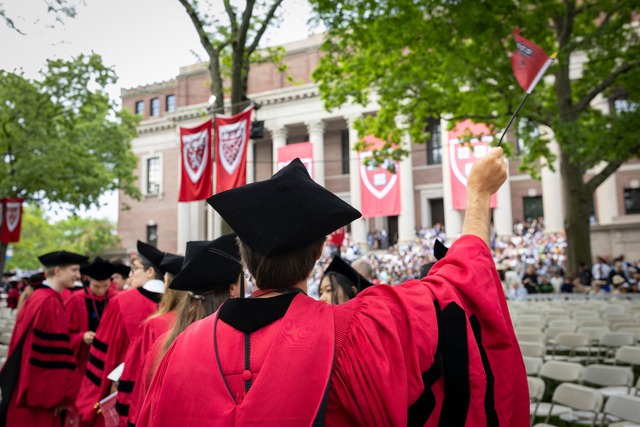
Students attend the graduation ceremony at the top US university Harvard in May.
PHOTO: HARVARD UNIVERSITY
Giving advice to international students, Mr. An said that if the F-1 visa expires but the student is still legally in the US (I-20 is still valid), they can still study normally. A visa is only needed when leaving the US and wanting to return. In addition, students should consider whether it is mandatory to return to Vietnam or not, in the spirit of having to re-interview to apply for a new visa and the risk rate will be higher than before if the family's finances change or the transcript needs to be strengthened, according to Mr. An.
Meanwhile, Dr. Le Bao Thang advises Vietnamese students to check their visa validity right now. If your visa expires during this summer vacation, you should schedule an extension before September 2nd to submit it by mail if you qualify for an interview waiver. If you are forced to extend after September 2nd, you should plan extra time and make an appointment early to avoid being late for school due to lack of visa.
"Absolutely do not be subjective and have the mentality of 'come home for summer break and then think about it later' because the interview schedule can last up to 2-6 weeks, especially during the current peak season. In fact, some students from the South have had to fly to Hanoi for interviews because the schedule in Ho Chi Minh City is very late, which can easily cause students to be stuck in Vietnam when the school term has already started," Mr. Thang noted.
Previously, the US required applicants who wanted to apply for a visa to this country to pay an additional "integrity fee", which can be roughly understood as a "deposit" for the applicant to commit to complying with visa conditions. This policy will be implemented from fiscal year 2026, or from October 1, 2025. The proposed level is 250 USD (6.5 million VND), but it can increase gradually according to inflation each year and is not fixed, Mr. An informed.
According to statistics from the US Immigration and Customs Enforcement (ICE), in 2024, a total of 36,176 Vietnamese people studied in the US, ranking 6th in the number of international students and continuing to grow since Covid-19. However, if we consider the number of students in kindergarten to grade 12 (K-12), Vietnam has the second largest number with 4,252 people, just behind China.
What are the conditions for renewing visa by mail before September 2?
According to the U.S. Mission in Vietnam, applicants will be eligible for the mail-in visa renewal program if they meet all of the criteria below:
- Applicants do not need to use their passport for the next 2 weeks.
- The applicant is a Vietnamese citizen, or a resident of Vietnam with confirmation of his/her residence in Vietnam.
- The applicant is currently in Vietnam.
- Applicants with a U.S. nonimmigrant visa that is still valid or has expired within the past 12 months. The 12-month period is calculated from the visa expiration date to the date the Embassy or Consulate receives the applicant’s visa renewal application. Applicants should plan and apply for renewal early to ensure they remain eligible for this program.
- The applicant applies for the same type of visa as the one previously issued.
- The applicant was not refused a visa at the most recent interview.
- The applicant's previous visa has not been lost, stolen or revoked and the applicant may submit a passport containing the previous visa.
- The applicant's previous visa was issued when the applicant was 14 years of age or older and all 10 fingerprints were taken. If the applicant's most recent visa was issued before the applicant's 14th birthday and the applicant is currently 14 years of age or older, the applicant will not be eligible for a visa renewal by mail because all 10 fingerprints have not been taken. If the applicant's most recent visa was issued before the applicant's 14th birthday and the applicant is currently under 14 years of age, the applicant will still be eligible for a visa renewal by mail even though all 10 fingerprints have not been taken.
- The applicant's name, date of birth, place of birth and nationality on the passport must match the name, date of birth, place of birth and nationality on the previous visa.
- The applicant did not answer “YES” to any question in the Security and Background section of the DS-160 application.
Source: https://thanhnien.vn/my-sap-dung-cho-du-hoc-sinh-gia-han-visa-qua-buu-dien-tac-dong-rat-lon-185250423152941686.htm








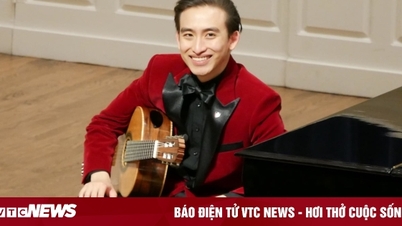

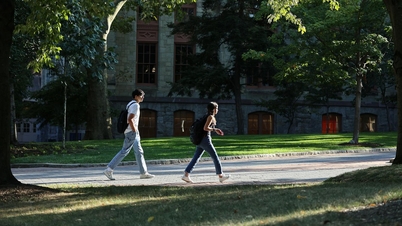
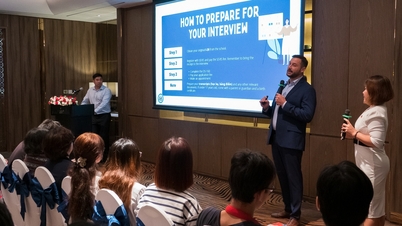


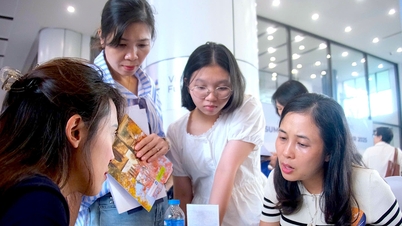




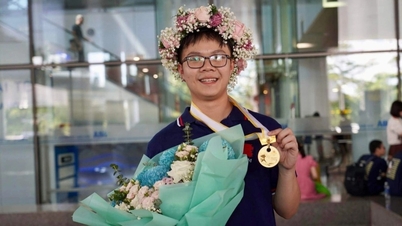

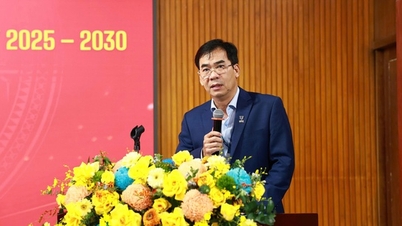

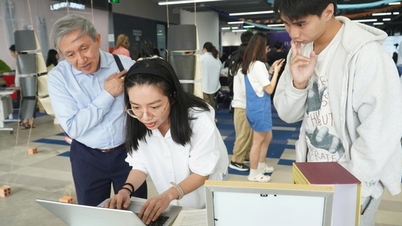











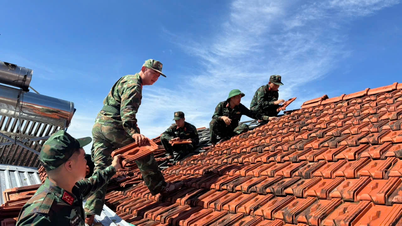

![[Photo] Da Nang: Hundreds of people join hands to clean up a vital tourist route after storm No. 13](https://vphoto.vietnam.vn/thumb/1200x675/vietnam/resource/IMAGE/2025/11/07/1762491638903_image-3-1353-jpg.webp)


![[Video] Hue Monuments reopen to welcome visitors](https://vphoto.vietnam.vn/thumb/402x226/vietnam/resource/IMAGE/2025/11/05/1762301089171_dung01-05-43-09still013-jpg.webp)


































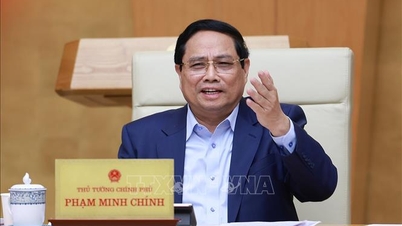

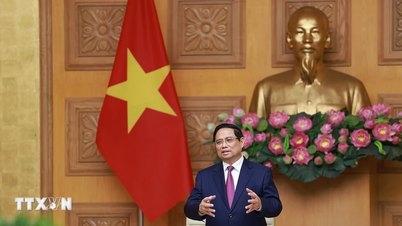











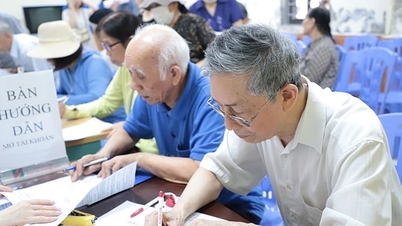



















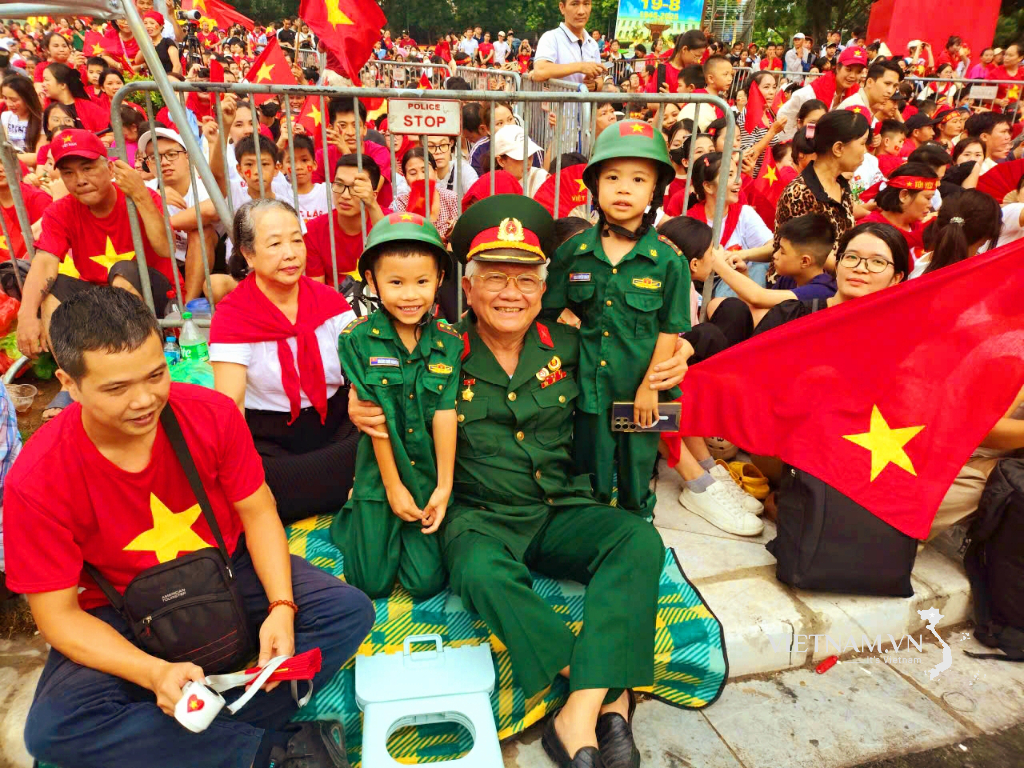
Comment (0)